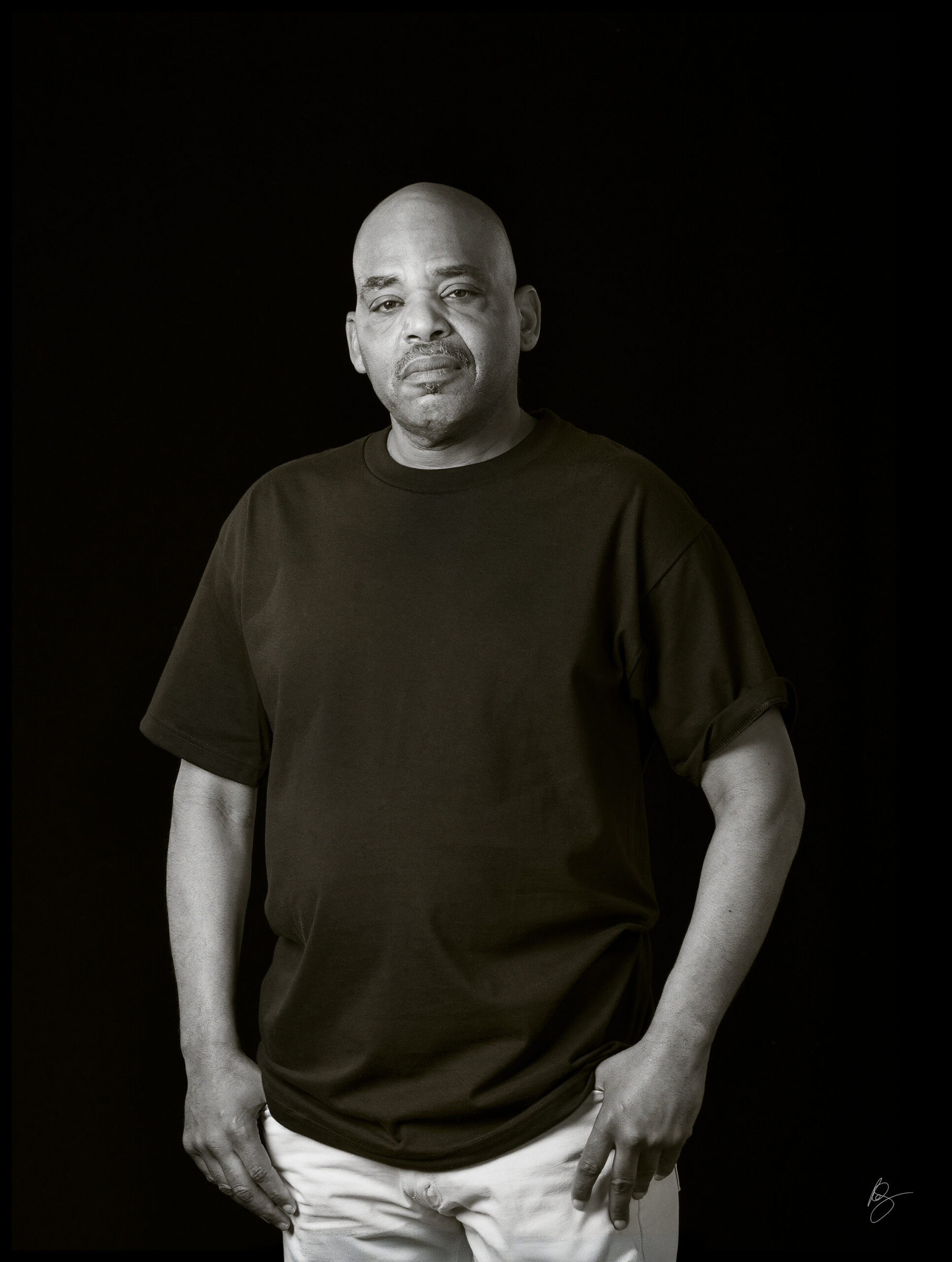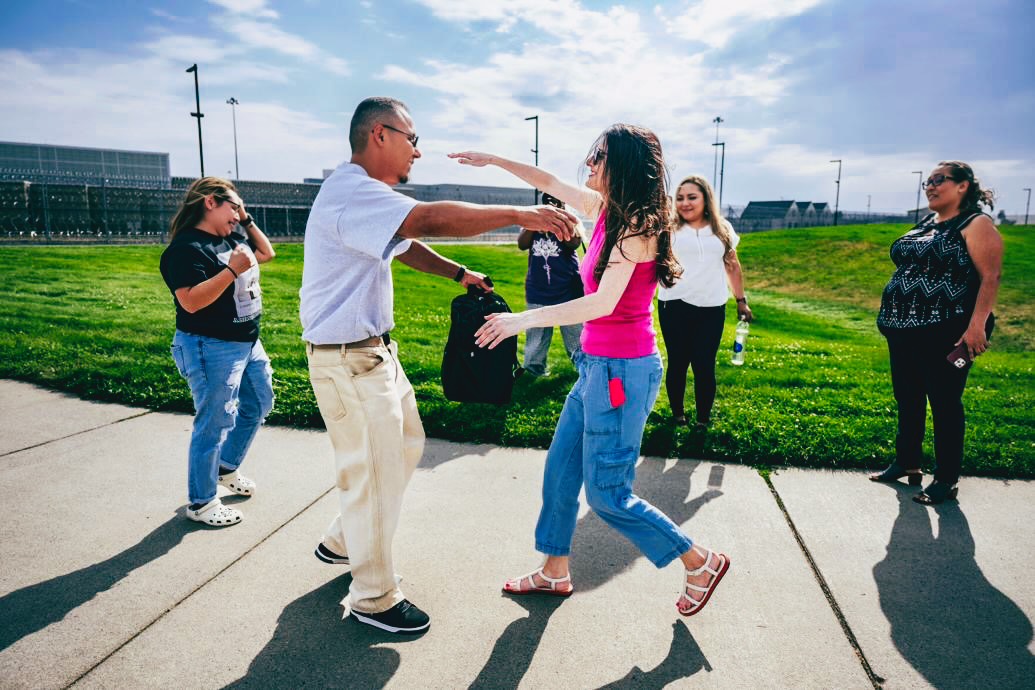At a Glance
- Innocent Years Served: 29 Years
- Sentence: Death
- Wrongful Conviction: First-Degree Murder and Child Abuse
- Year: 1988
- Jurisdiction: Clark County, Nevada
- Released: June 7, 2017
- Exonerated:
- Cost of Wrongful Incarceration*: $2,175,000
- Lost Wages**: $2,175,000



